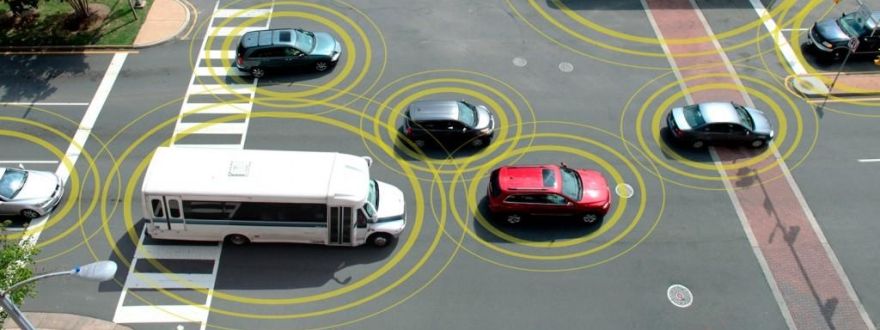
Telematics in the Insurance Industry
Do you ever wonder how the insurance industry can determine precise premiums for customers? The answer lies in the integration of telematics technology. Telematics, an emerging form of connected mobility, are allowing insurance companies to redefine their risk analysis process to better provide risks and protections that more accurately reflect their customers' lifestyles. In this blog post, we will discuss what exactly telematics in the insurance industry is and why it's important for businesses and individuals in today’s hyper-connected world. We'll also explore some of the key benefits associated with using telematic data before highlighting how they can be used by clients who want tailored protection. By leveraging this new technology as part of your personal or business security strategy, you can unlock an array of high-quality services available like never before!
What is telematics and why insurance companies are using it?
If you are like most people, you may have heard the term telematics thrown around in conversations lately. But what exactly is it? Simply put, telematics is a way of collecting and analyzing data about a vehicle's performance and driver behavior. This data is then used to improve the safety of drivers and reduce insurance costs. Insurance companies have been quick to adopt this technology due to the benefits it provides, such as real-time monitoring of driving habits and the ability to offer personalized insurance rates based on individual driving behavior. So, the next time you hear the term telematics, you can feel informed and know that this technology can ultimately help you become a safer driver and potentially save you some money on your insurance premiums.
How telematics can help insurers assess risk more accurately
Telematics technology has revolutionized the insurance industry. This innovative technology utilizes telecommunications to collect data on drivers' behavior, such as acceleration, braking, and speed. This data can then be analyzed to assess risk more accurately than ever before. Insurers can use this information to create personalized policies based on each driver's behavior, resulting in fairer premiums for all. Telematics can also provide valuable feedback to drivers themselves on how to improve their driving habits, leading to safer roads for everyone. With telematics, insurers have greater insight into their policyholders' behavior, and policyholders have more control over their premiums. It's a win-win situation for all involved.
The benefits of telematics for insureds
Do you ever feel like the price you pay for car insurance is just a shot in the dark? Well, telematics technology is changing that game. By installing a small device in your car that tracks your driving habits, insurance companies can offer personalized pricing based on how safely you drive. And not only does this mean potential savings for you, but it also encourages safer driving habits overall. Plus, many telematics devices offer helpful features like GPS tracking and instant accident notifications. So, if you're looking for more control over your car insurance costs and a little extra peace of mind on the road, telematics might just be the answer.
In summary, telematics is a revolutionary technology that is changing the insurance industry by enabling insurers to better assess risk and providing numerous benefits for insureds. Telematics is already being adopted by some insurers, but there are still challenges associated with its implementation. However, for those consumers who understand how this technology works and the kind of data required to make it successful, telematics can be an incredibly effective tool. Consumers should research their insurer’s use of telematics and consider the various factors involved before selecting a telematics provider. Ultimately, it is clear that telematics has great potential to provide better protection against risk and cost savings for both insurers and insureds alike. The question now remains: What does the future of telematics hold for us? How can we stay up to date on the latest advancements in this technology, and what role can we play in making sure it's used responsibly? We encourage you to explore these questions further as well as consider how it can affect your insurance portfolio.
